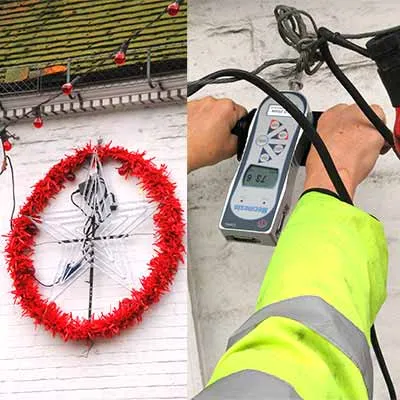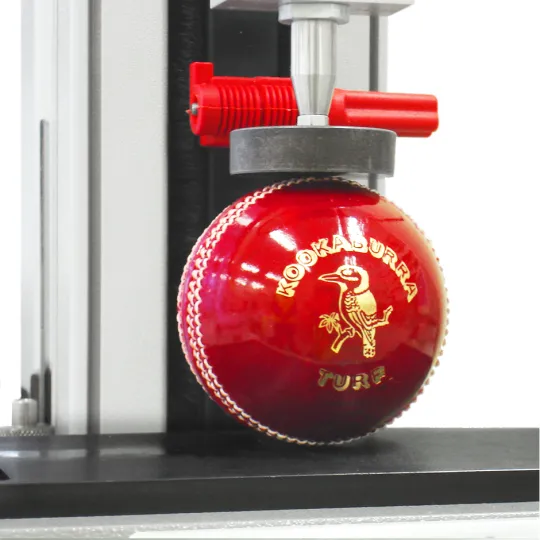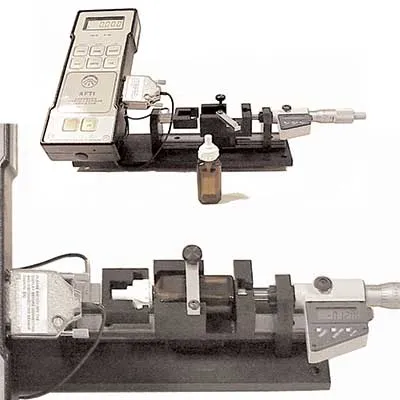Search results
Some of our customers
Featured case studies
Standards
Featured or equivalent test standards for Mecmesin solutions in this section
Fishing line and knot strength

Tensile testing wire joining systems
Teste de força solenóide
Teste de força da máscara facial
Teste de joias de acordo com os padrões de resistência à tração para segurança e durabilidade
Teste de painel de isolamento de lã mineral
Seringa de vidro Luer lock anexo pull-off

Força do componente de montagem elétrica
Teste de tração do tubo da seringa
Integridade do conjunto moldado por injeção
Teste de força de cabo de baixo custo
Teste de remoção de escova de cosméticos

Pen injector training aid testing

Teste de mola do dispositivo respiratório

Teste de tensão de filme plástico

Esforço de fechamento da porta do carro

Teste de tração em filme de polietileno

Teste de tração em juntas de borracha
Teste de força de ruptura de fio-guia médico

Teste de dispositivos médicos
Integridade da embalagem de papelão colado

Força de deformação compressiva da bola de críquete e resistência à tração do material de cobertura

Teste de solenóide

Teste de tração de próteses de ombro

Testador de rede de suporte de andaime

Teste de tração de agulha para anilha




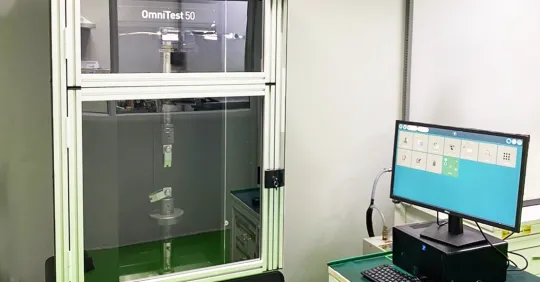










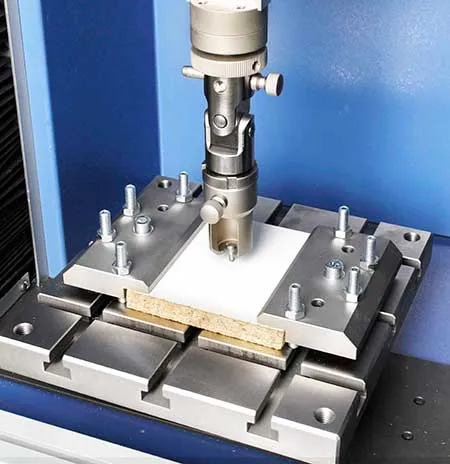







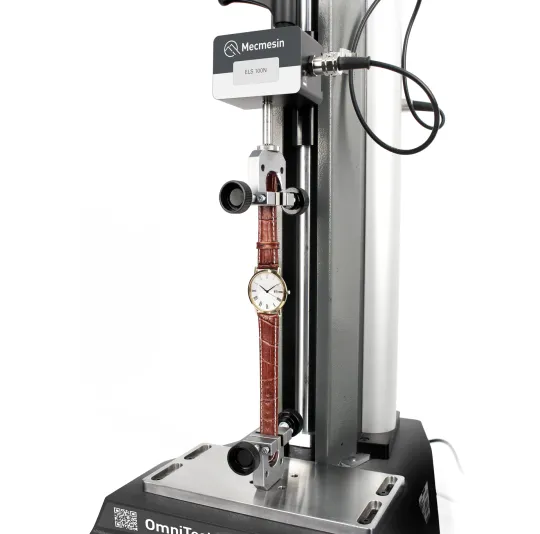
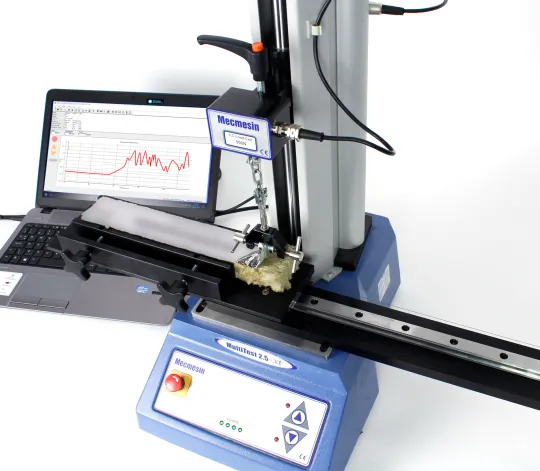
![Força de extração do conector luer da seringa [PDV10032] Força de extração do conector luer da seringa [PDV10032]](/sites/default/files/styles/case_study_gallery_540w/public/case-study/2020-12/1717-PDV10032-web.jpg.webp?itok=6u5Kxi1E)

![Teste de dobra da caixa de fixação de sucção, posição totalmente aberta [PDV8017] Teste de dobra da caixa de fixação de sucção, posição totalmente aberta [PDV8017]](/sites/default/files/styles/case_study_gallery_540w/public/case-study/2020-12/989-cardboard-beverage-tension-test-system.jpg.webp?itok=v-xgxcIO)
![Extração de tubo médico [PDV14004] Extração de tubo médico [PDV14004]](/sites/default/files/styles/case_study_gallery_540w/public/case-study/2020-12/1669-PDV14004-med-tube-pull-web.jpg.webp?itok=fTen07rd)


![Garras do came do cabo [PDV12086] para teste de tração de fio soldado emendado Garras do came do cabo [PDV12086] para teste de tração de fio soldado emendado](/sites/default/files/styles/case_study_gallery_540w/public/case-study/2020-12/1702-PDV12086-web.jpg.webp?itok=uxrMw8Rq)
![Pincel para cosméticos [PDV14098] Pincel para cosméticos [PDV14098]](/sites/default/files/styles/case_study_gallery_540w/public/case-study/2024-11/Cosmetics-brush-tuft-pull-out-1556-PDV14098-OmniTest.png.webp?itok=mgHpxQU8)





















